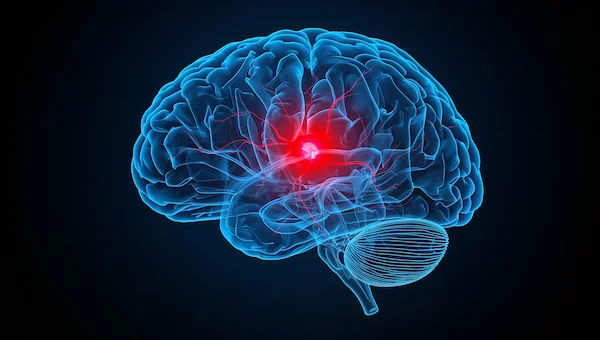- female
- 50 Years
- 14/08/2025
I've been dealing with really bad pain in my buttocks that makes sitting and walking tough. My MRI showed issues in the lumbar spine, and surgery was suggested, but I went for Ayurveda treatment instead. The pain's only gone down by half what should I do about the remaining pain?

More Neurology Health Queries
View allMy dad's been experiencing this weird numbness and needle-like sensation in the two fingers next to his thumb for a few days now. It's mainly in the tip. Do you have any idea what might be causing this?
This numbness and tingling sensation in the fingers could be due to a condition called Carpal Tunnel Syndrome. I recommend using a wrist splint to keep the wrist in a neutral position, and taking over-the-counter pain relievers like ibuprofen. Additionally, applying a topical pain relief cream containing diclofenac can help alleviate the symptoms. If the symptoms persist, I suggest consulting a doctor for further evaluation and management.
Answered by 1 Apollo Doctors
I'm experiencing numbness during the night in my pinky and ring finger on my left hand. It's been happening for the last couple of months, almost 5 to 6 times a week, and I'm not sure if it's due to the way I'm sleeping or another health issue. Any idea what might be going on?
The red dots on your penis head could be caused by various factors, such as: Fordyce spots (benign, small bumps) Pearly penile papules (small, harmless growths) Folliculitis (inflammation of hair follicles) Since you're experiencing minimal itching, it's likely not a serious condition. Consult a dermatologist or a urologist for a proper examination and diagnosis. Avoid scratching or popping the bumps, as this can lead to infection or scarring.
Answered by 1 Apollo Doctors
I'm feeling some strange movements just below my eye, under the skin, and I'm concerned because I've been using guasha. I might have pressed too hard when I was massaging, and now I'm worried I might have damaged the tissue there. Theres no redness or puffiness, and it looks normal, but it does make me uncomfortable sometimes. Is there any medicine or treatment that might help with this?
That could be Muscle twitching no need to worry it will self resolve, take adequate rest and consume healthy food.
Answered by 1 Apollo Doctors
Disclaimer: Answers on Apollo 247 are not intended to replace your doctor advice. Always seek help of a professional doctor in case of an medical emergency or ailment.




